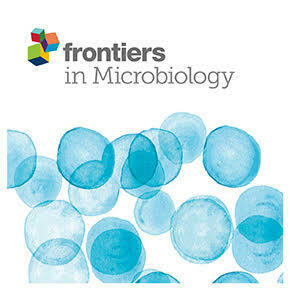
Abstract
Accurate prediction of zoonotic spillover events requires a detailed understanding of baseline pathogens circulating in differing global environments. By characterizing the diversity and determining the natural baseline of pathogens in a given biological system, any perturbations to this balance can be detected, leading to estimates of risk for emerging diseases. As epidemics and probability for pandemics increase, there is a fundamental need for building global collaborations to fill gaps in the surveillance effort, especially to build remote in-county capacity and standardize timely sample processing and data analysis. To this point, a new consortium, the Remote Emerging Disease Intelligence-NETwork (REDI-NET) has been established to enhance surveillance approaches and characterize natural pathogens in temperate, tropical forest, and tropical grassland biomes. The REDI-NET is envisioned to be a long-term, phased initiative. All phases will integrate accompanying training resources such as videos reflecting SOPs and Quick Reference Guides. Routine bio- and xenosurveillance will facilitate the characterization of ecological parameters, enhance the accuracy of vector species identification using artificial intelligence technology, and guide the establishment of epidemiological risk thresholds critical for mitigating disease outbreaks in a timely manner. A key deliverable of the REDI-NET is a custom-designed electronically merged (e-MERGE) data pipeline and alert dashboard that integrates remotely captured data with state-of-the-art metagenomic next-generation sequencing technology. This pipeline incorporates data generated from field and laboratory best practices, to furnish health decision-makers with a centralized, timely, and rigorous database to efficiently search interdisciplinary and heterogeneous data sources necessary to alert, prepare and mitigate health threats. The e-MERGE pipeline, once fully established, will be a flexible, scalable, and expandable tool for varied health applications. Program success will result in an operational framework that addresses resource gaps in pathogen surveillance and enhances health protection with broad global applicability. The objective of this manuscript is to introduce the REDI-NET framework to anticipated stakeholders engaged in metagenomics, epidemiological surveillance, and One Health with a focus on Phase 1.
Link to full publication: https://www.frontiersin.org/articles/10.3389/fmicb.2022.961065/full#h1